Poll: Slovenians don't want Croatia in EU
Close to half of Slovenians—47.5 percent—do not want to see Croatia in the EU, according to a Median poll published in weekly Globus.
Friday, 16.01.2009.
13:11

Close to half of Slovenians—47.5 percent—do not want to see Croatia in the EU, according to a Median poll published in weekly Globus. 36.8 percent of Slovenes support Zagreb’s EU bid. Poll: Slovenians don't want Croatia in EU Furthermore, according to the telephone poll conducted from January 8 to 12 on a sample of 712 Slovenian citizens, only 48.2 percent of Slovenians would vote at a referendum on Croatia’s EU entry, with 31 percent saying that they definitely would not. The results of the poll show Slovenia’s attitude towards Croatia’s EU integration, an issue that continues to stir strong emotions on both sides of the border. The stakes were mostly recently raised by Croatian President Stjepan Mesic, who said that if the Croats had not liberated Istra and the Slovenian coastline in 1945, Slovenia would today be looking at the sea from 20 km away. This statement has triggered an angry reaction in Slovenia, particularly in local historical circles. Slovenian historians acknowledge that the 60,000-strong Fourth Army units that liberated those parts of the former Yugoslavia contained 40,000 Croats, but 10,000 Serbs too, and that Slovenian units had helped liberate that territory, but that what was more important was that army had been a united army with a single mission. According to Slovenian historian Joze Prijevec, if you were to look at things from Mesic’s angle, the Croats should then ask themselves whether they should not thank the Serbs for saving them from Islam, and defending them from Austro-Hungary and the claims of other countries in 1918. Faced with inflammatory rhetoric on both sides, one group of Croatian and Slovenian historians have called for a truce in the war of words. Nonetheless, the view of certain Croatian analysts is that Slovenia will continue to block Croatia’s EU entry until 2015 by using its veto, the groundwork for which has been under preparation for some months now. Croatian Foreign Minister Gordan Jandrokovic, for his part, does not believe that any referendum will be held, as it would lead to Croatia’s EU path being blocked.
Poll: Slovenians don't want Croatia in EU
Furthermore, according to the telephone poll conducted from January 8 to 12 on a sample of 712 Slovenian citizens, only 48.2 percent of Slovenians would vote at a referendum on Croatia’s EU entry, with 31 percent saying that they definitely would not.The results of the poll show Slovenia’s attitude towards Croatia’s EU integration, an issue that continues to stir strong emotions on both sides of the border.
The stakes were mostly recently raised by Croatian President Stjepan Mesić, who said that if the Croats had not liberated Istra and the Slovenian coastline in 1945, Slovenia would today be looking at the sea from 20 km away.
This statement has triggered an angry reaction in Slovenia, particularly in local historical circles. Slovenian historians acknowledge that the 60,000-strong Fourth Army units that liberated those parts of the former Yugoslavia contained 40,000 Croats, but 10,000 Serbs too, and that Slovenian units had helped liberate that territory, but that what was more important was that army had been a united army with a single mission.
According to Slovenian historian Jože Prijevec, if you were to look at things from Mesić’s angle, the Croats should then ask themselves whether they should not thank the Serbs for saving them from Islam, and defending them from Austro-Hungary and the claims of other countries in 1918.
Faced with inflammatory rhetoric on both sides, one group of Croatian and Slovenian historians have called for a truce in the war of words.
Nonetheless, the view of certain Croatian analysts is that Slovenia will continue to block Croatia’s EU entry until 2015 by using its veto, the groundwork for which has been under preparation for some months now.
Croatian Foreign Minister Gordan Jandroković, for his part, does not believe that any referendum will be held, as it would lead to Croatia’s EU path being blocked.






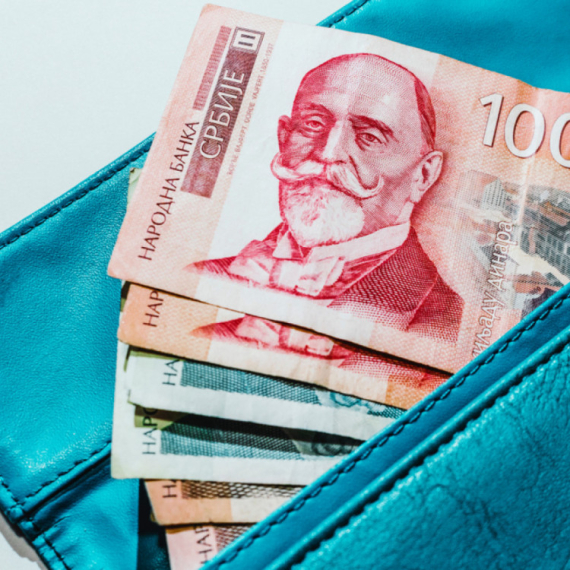



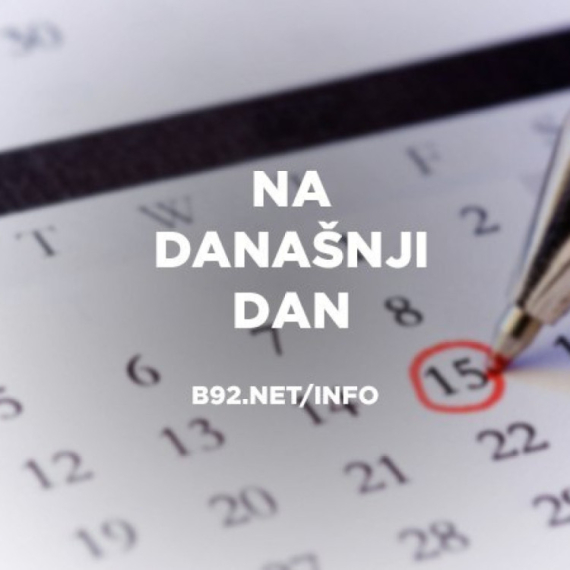


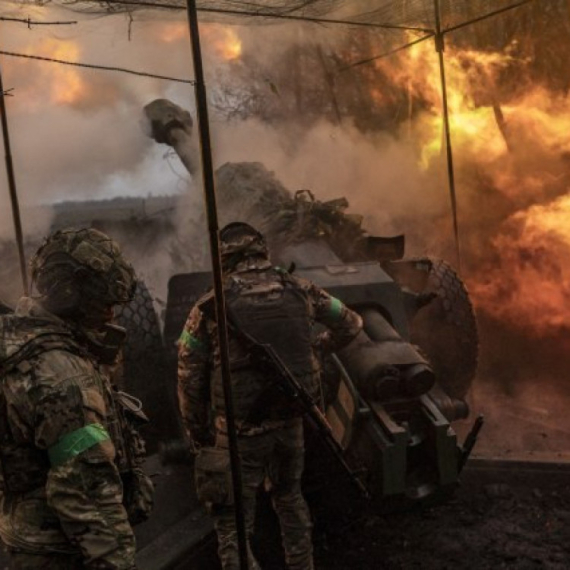

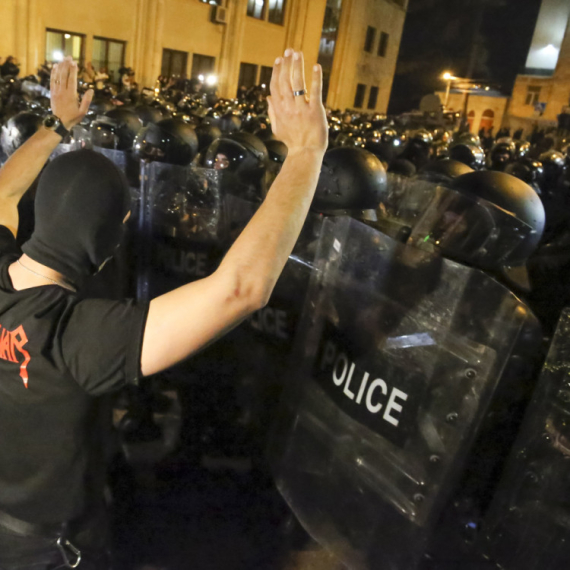



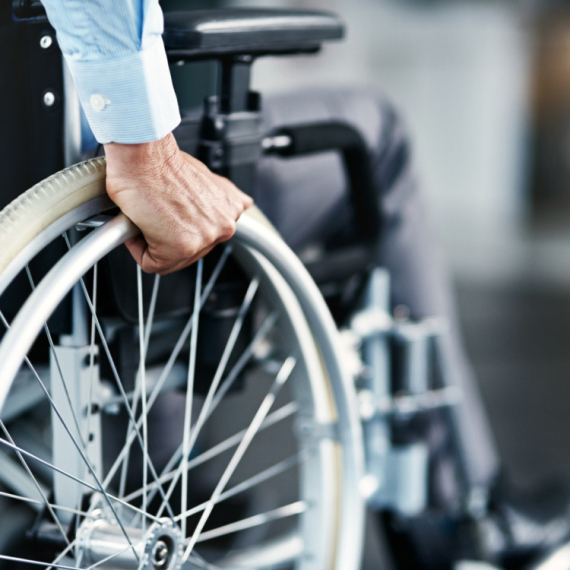
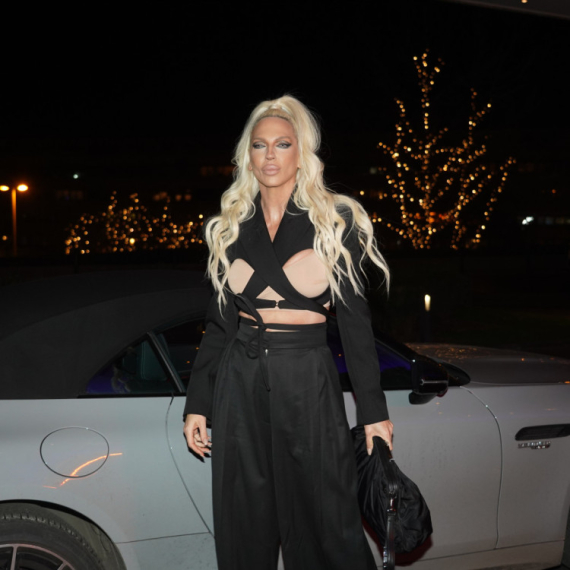





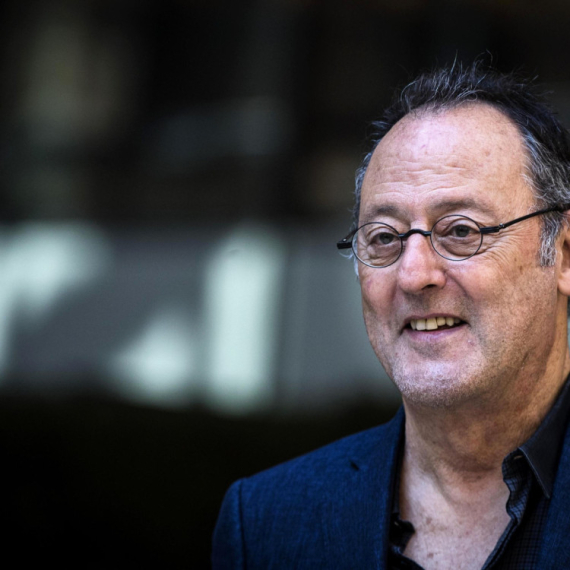










Komentari 27
Pogledaj komentare